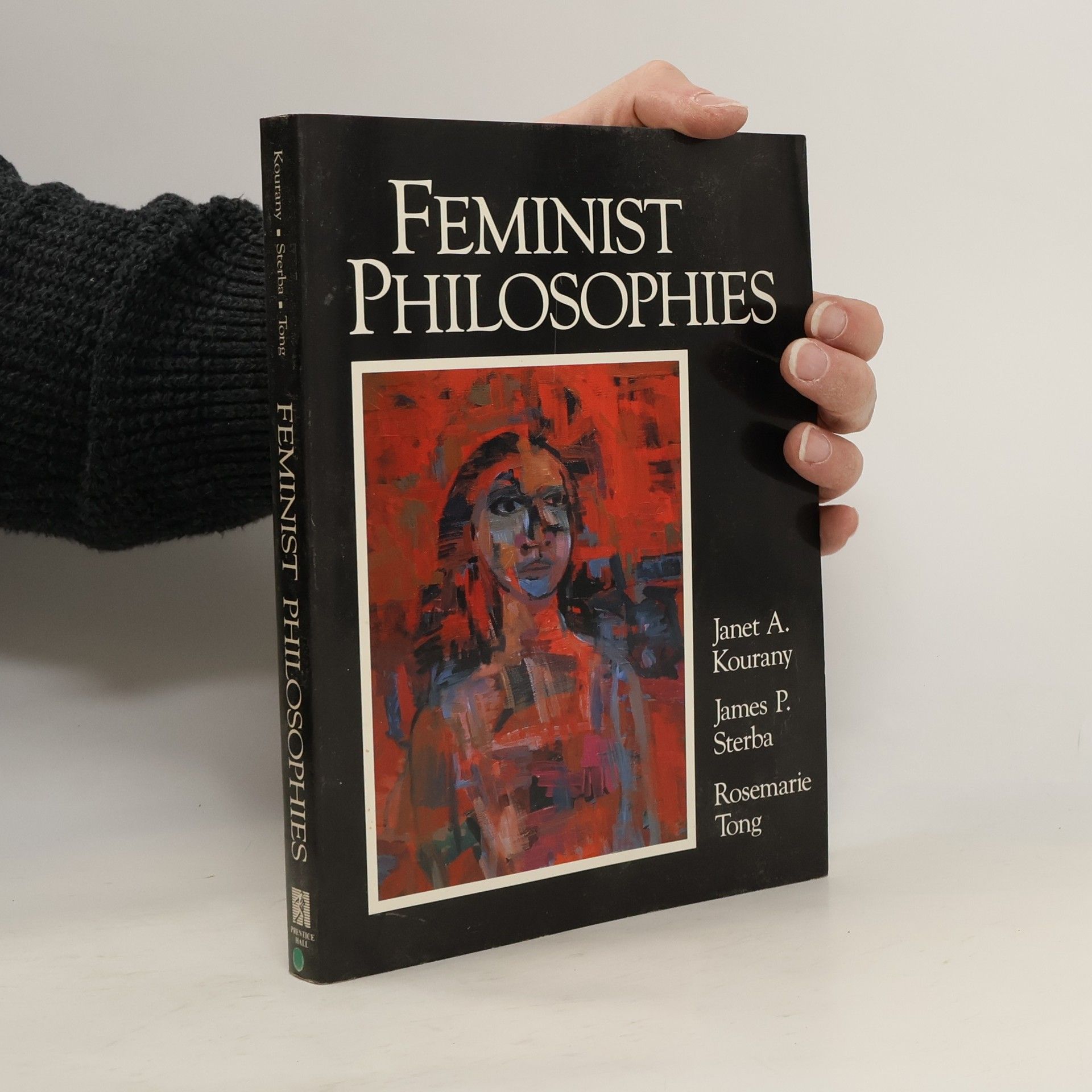Could a Good God Permit So Much Suffering? presents a debate about whether the kind of world we live in, ridden with horrendous evil, is compatible with the existence of the all-good, all-powerful God of traditional theism. James Sterba puts the case against, and Richard Swinburne argues in favour.
James P. Sterba Book order (chronological)



Justice for Here and Now
- 260 pages
- 10 hours of reading
Exploring the interconnectedness of justice, the book argues that rationality inherently demands morality, linking minimal libertarian principles with welfare, equality, and feminist agendas. It emphasizes the mutual support among various justice movements, including feminist, racial, and multicultural. The author also reconciles anthropocentric and biocentric ethics and examines the moral implications of different forms of political action, from legal protest to revolutionary efforts. This thought-provoking work is suitable for diverse academic fields, including ethics and peace studies.
This anthology of 40 readings combines both an extensive discussion of the major problems confronting women with an in-depth analysis of the alternative theoretical and practical means for resolving these issues. Covering a broad range of concerns, this book also proposes the means for addressing these concerns. It includes race-based critiques as a means of promoting a truly multicultural feminism. It also provides suggestions on further reading in each section. The second edition of Feminist Philosophy has been revised to include updated readings covering issues such as date rape , sexual harassment, and new reproductive technologies. Adds new sections on Cultural Feminism and Ecological Feminism as well as more accessible sections on Liberal Feminism and Marxist/Socialist Feminism. Incorporates a Cultural Invisibility section critiquing contemporary culture. Finally, addresses men's responses to feminism and related men's movements as a means of promoting gender-inclusive feminism. An essential resource for every reader interested in this perspective of the relationship between women and men.